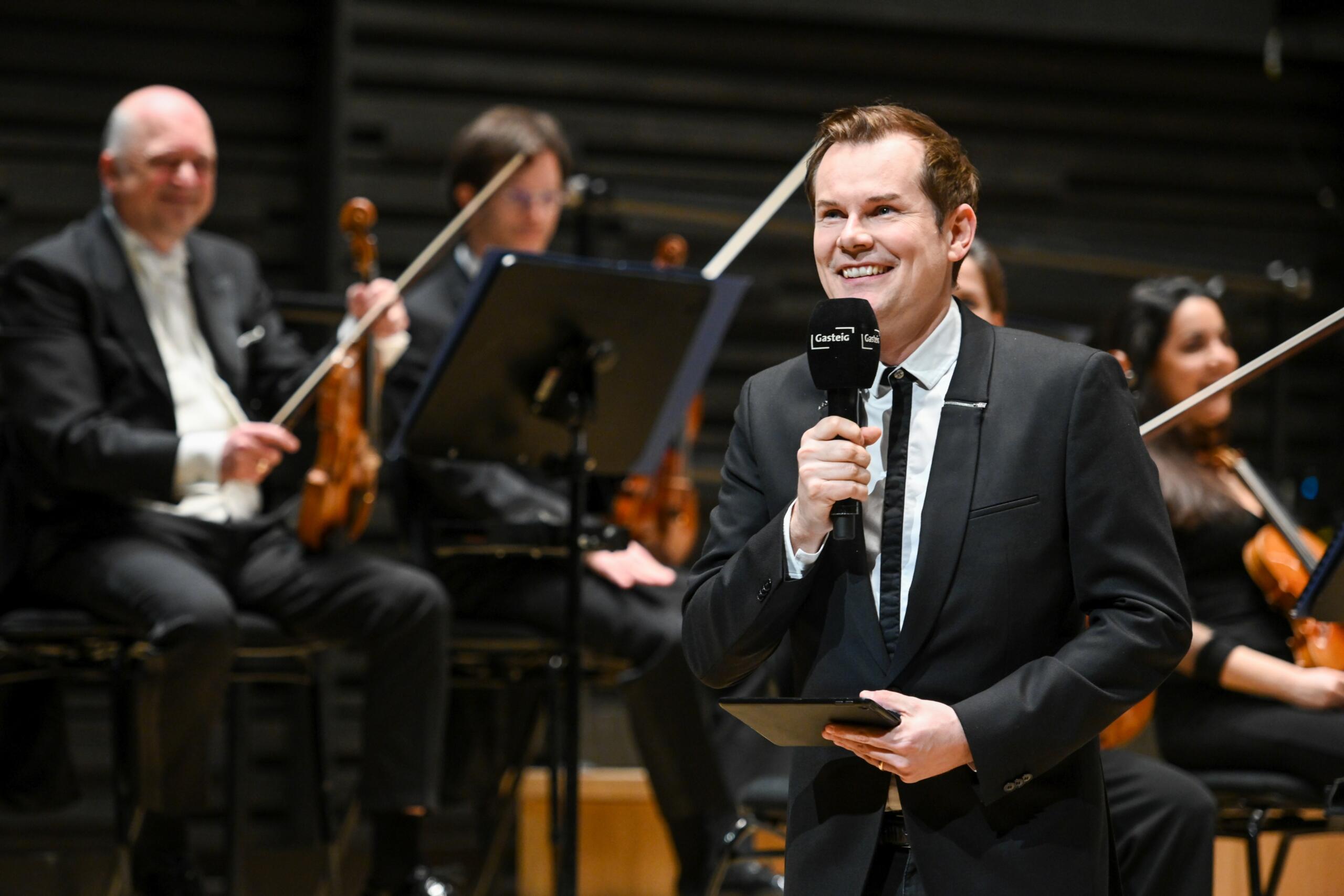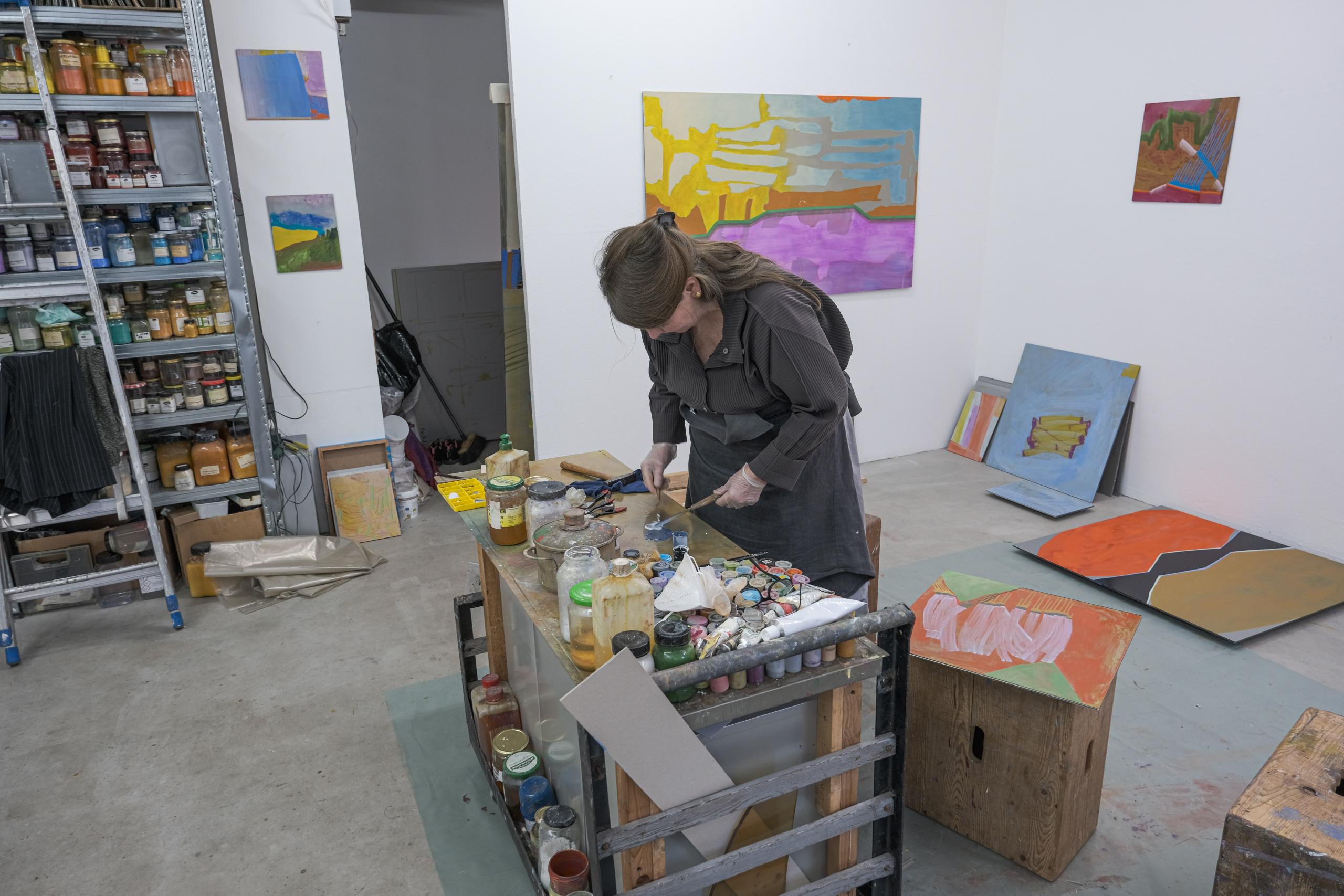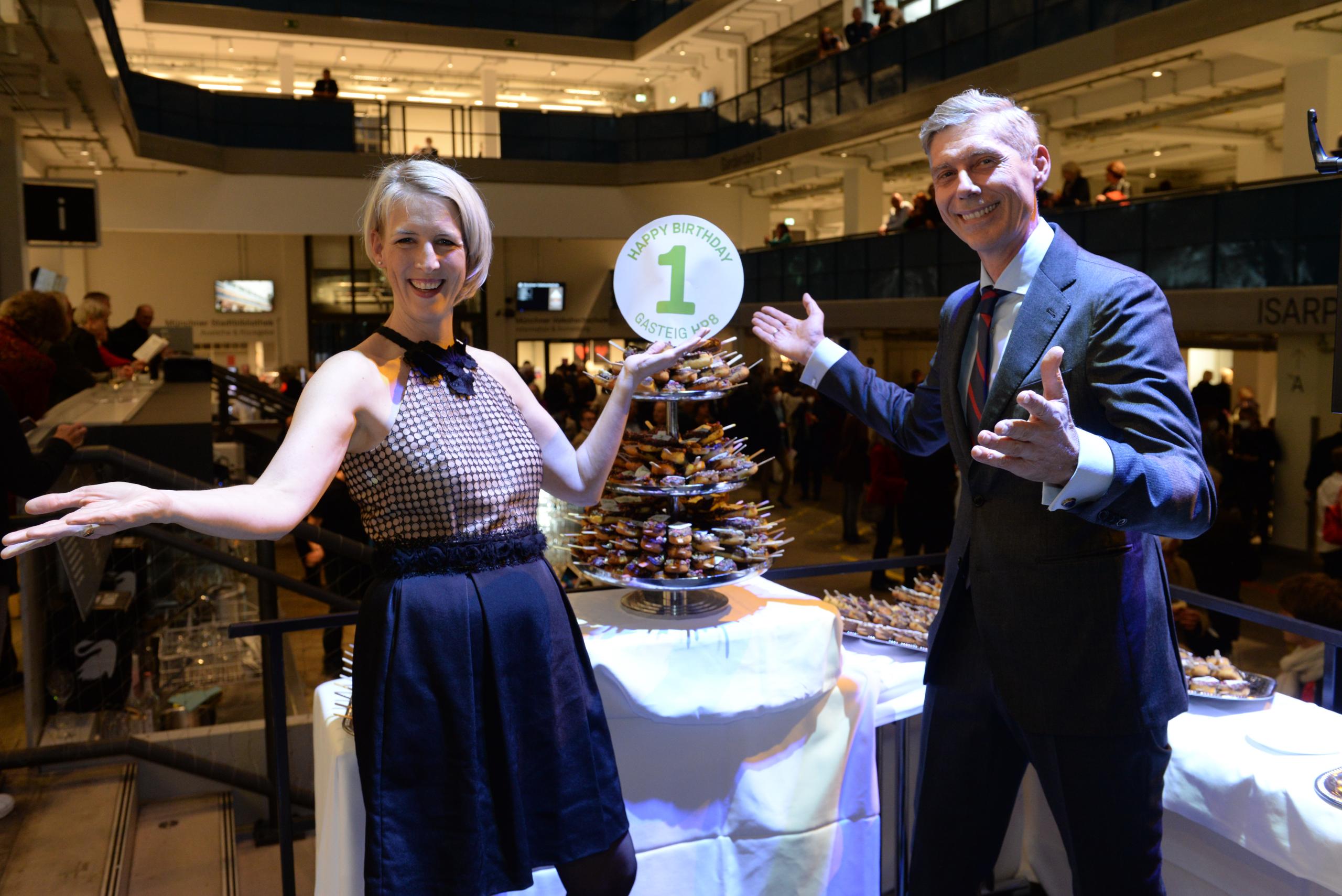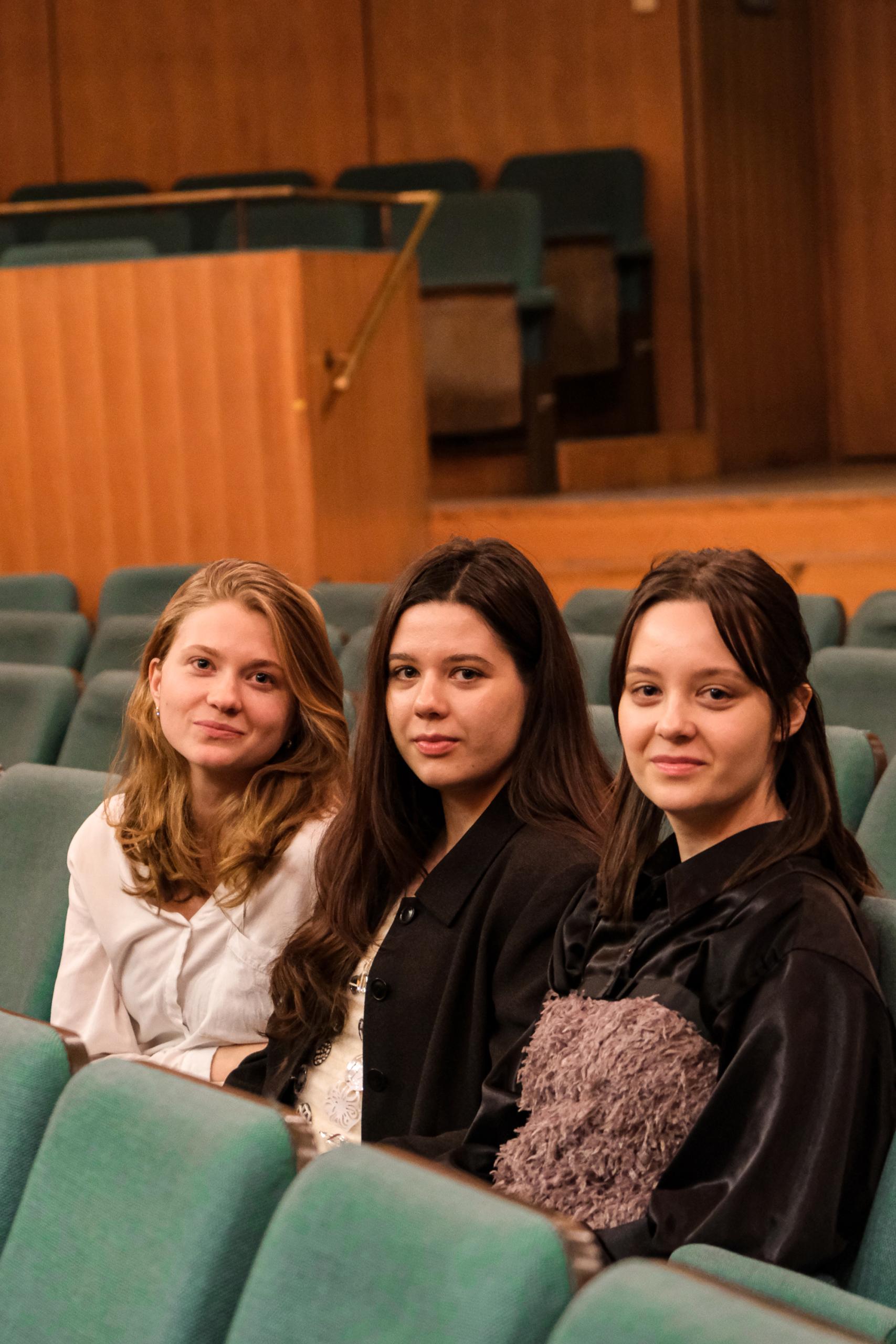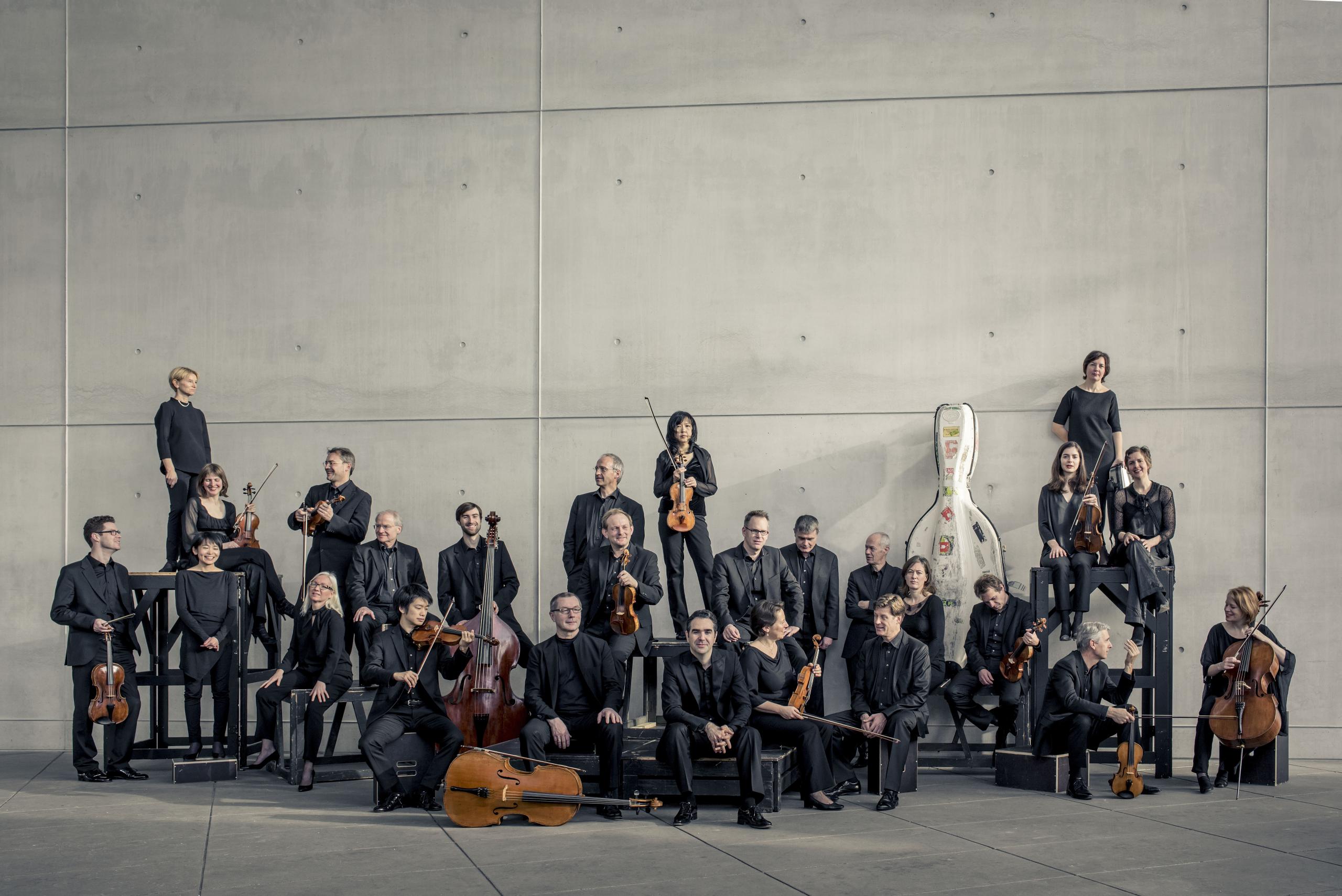Malte, you appear alongside stars and orchestras on the world’s biggest classical music stages and you are also behind fresh strategies to bring young people into contact with classical music. Why is that so important to you?
In a nutshell, classical music is the kind of music that moves me most profoundly and that I enjoy most. I could listen to the same pieces ten thousand times over and still discover something new. This music is rooted in certain feelings and those feelings are still conveyed to listeners, even after 300 years. And classical music in particular is so complex and multifaceted. When I think about the period when a piece was created, about the people who composed it and about the circumstances of the musicians, then I find myself exploring a web of contexts and relationships and I hear the music in a completely different way. We can discover a multitude of different levels: What do the instruments sound like? What line up is playing? Each time a composition is played, it can sound completely different and excite me afresh.
You present the youth concerts by the Munich Philharmonic. What do you do to kindle a love for classical music?
The first thing that always interests me is the energy that I feel from the audience in the auditorium. Like with a rock concert, the atmosphere should be pleasantly relaxed and everybody should feel welcome. Whether we are new to classical music or old hands, we are all together in the same place and experiencing something special – people playing live music in front of us. I am unbelievably enthusiastic about classical music and if I’m able to share that with other people, then we can all enjoy ourselves together. I talk about what appeals to me, what captivates me, and I keep an open mind about how the music affects other people. Whatever age we are, everyone hears things differently, conjures up different images and has different questions. I’m interested in everything and everyone.
“The atmosphere at the youth concerts in the Isarphilharmonie is always uniquely special. Although it’s a large auditorium, you always feel like everyone is sitting together in their living room. This sense of intimacy is carried over to the listening experience; you feel like the music is surrounding you. I’ve never experienced that in any other city.”


In a recent innovation, you now have young co-presenters alongside you on stage, who get the opportunity for the first time to interview big names in the world of classical music. What are you learning from these young people?
Every time, I’m reminded that no question is off limits. There are no embarrassing or funny questions; simply overwhelmed adults who may not always be able to come up with answers quickly enough. Why do we have to sit here quietly? Why is this piece so long? Everything has a reason and we’re all entitled to know what they are. I wish that we could all treat classical music much more as a matter of course. It’s not something that we need to get through in order to become even cleverer; all it is is something that we should be allowed to enjoy. It’s a brief opportunity for us to escape our everyday world and come back to it as a completely different person. That’s an experience I wish everybody could have.
If you are a laid-back presenter, why do you wear a smart suit instead of a shirt and jeans?
Simply because I enjoy dressing up for the occasion. I’m in my mid-40s and it’s something I choose to do. But that also raises the interesting question of why musicians in an orchestra tend to wear black and it’s all to do with concentration: if a group of people are all wearing the same thing, it’s less of a distraction for us. Our eyes can focus on other things, such as how the musicians are playing or communicating with each other. At rehearsals, I often feel that there are lots of things that catch my attention when all the musicians are dressed casually. After all, when we’re attending a concert, we want to see the finished product from this “workshop” – the “vehicle” is all shiny, neat and tidy when it comes off the production line and there are no more glimpses of what’s under the hood.
What goes through your mind in those last few minutes before you step out on stage?
(Laughing) As the presenter, I secretly always hope that something will go just a little bit awry! If something tips over or someone screams, that creates a situation where everyone is watching closely. That’s when I really come into my own as presenter. Everyone wants to know how we’re going to get things back on track again.
Gather up your young people and take them with you to a concert!
Quick fire closing round: We put Malte on the spot
- When were you born? 1978 in Hanover
- Where did you grow up? In Munich – where I live at the moment
- What’s your favourite place? The Taxisgarten beer garden and any tree-lined streets
- What’s your trademark? My laid-back attitude, sense of humour in tight spots
- What’s your favourite music on holiday? Sentimental pop songs, like by Gianna Nannini or Sting
- What’s your favourite food? Currently sushi, before that my grandmother’s stuffed cabbage leaves, way back it was rice pudding
- If you could interview anyone, who would it be? Pianist Martha Argerich, to find out just how she can conjure such magical sounds from a wooden box
- A life without classical music would be …? Deeply deplorable
Text: Maria Zimmerer
